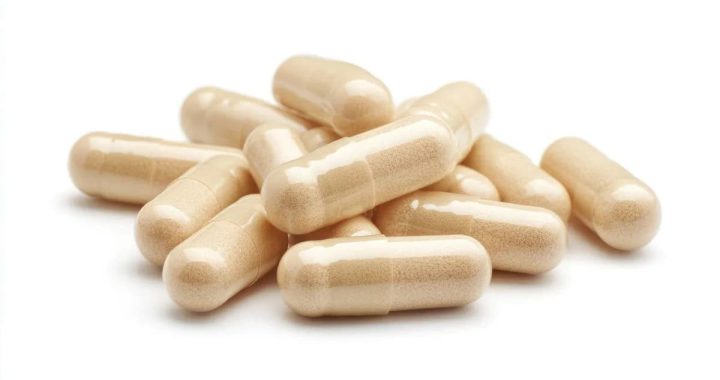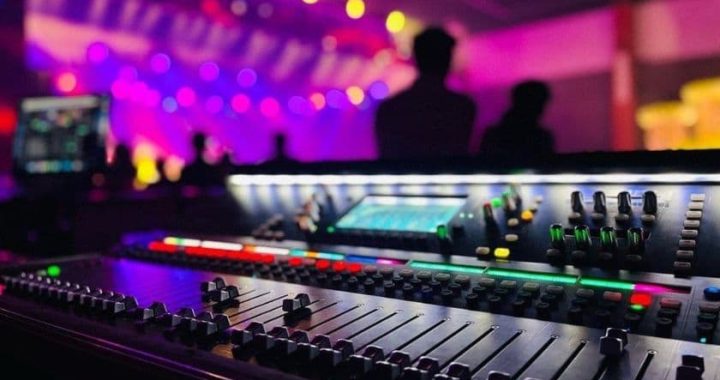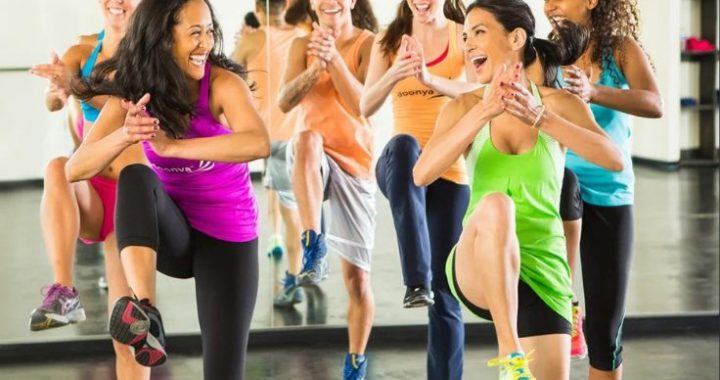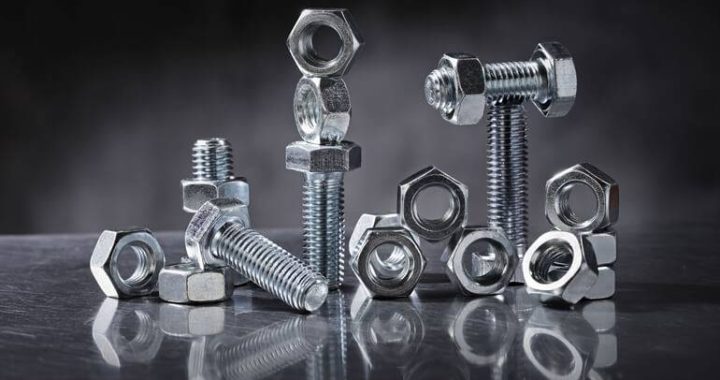The right tent is easy when the needs are clear. Many people are interested in bell tent hire when they are planning relaxed gatherings or cosy stays. This is an ideal option for a variety of occasions as the style feels inviting. Other people opt for the glamping tent hire to create a sophisticated and calm setting. Every option can be used to create different moods and outdoor experiences. It is possible to use a bell canvas tent can provide a warm space. Its shape adds charm and the feeling of comfort. Canvas bell tent can also provide soft shade as well as a warm shelter. These attributes make events soft and pleasant. Each option can help create unforgettable experiences that are peaceful and warm. Making the decision to choose tents that are suitable for shorter stays or fun themes is exciting. A lot of people enjoy sleepover bell tent hire for friendly celebrations. These tents appear simple, yet are ideal for relaxing evenings. Another alternative could be bell tent sleepover hire in addition to its the charm of a softly lit. Both of them create a cozy environment for gatherings that are fun. Go to the below mentioned website, if you are looking for more details concerning bell tent hire east sussex.
Comfort remains a priority, and these tents give a gentle and comfortable feel. Their round shape offers calm surroundings during quiet moments. The design creates relaxing places to relax. These hire options are ideal for relaxing evenings as well as lively settings. They make every gathering feel comfortable, relaxed and easily organized. Knowing the tent fabrics is helpful in making confident decisions. Many hosts favor a bell canvas tent since it feels natural. It is a canvas bell tent provides steady shade throughout the changing weather. These tents are able to accommodate a variety of themes and styles. Their flexibility allows them to be a perfect decorating for different occasions. Individuals who enjoy the outdoors will often look into the canvas bell tent available for sale. These tents will last for a long time and are great for any future gatherings. Their soft colors blend seamlessly into the natural surroundings. Their shapes create tranquil space. They encourage tranquility and effortless enjoyment during many occasions. The planning of an outdoor party becomes easier when you have clear options.
Some guests enjoy easy rest, while others are more inclined to play with themes. Bell tent hire can provide space for a relaxing gathering. Glamping tent hire provides a luxurious retreat with soft comfort. A sleepover bell tent hire is a simple charming evenings for friends. Bell tent sleepover hire allows for fun and cozy moments. Each type of option can be adapted to individual preferences. Each style can help groups enjoy peace and happiness. These tents offer natural peace and comfort at all times. Their designs are inviting comfortable, soft and balanced. People who enjoy hosting tend to look into more permanent alternatives. In a bell tent shop can provide a variety of forms, materials, and styles. These choices help match different outdoor plans. Many dreamers consider canvas bell tent for sale for use in the future. These tents offer a comfortable and steady atmosphere during any gathering that is peaceful. The style is harmonious with relaxing outdoor themes. Their soft walls and their round shape give a gentle touch of comfort. Every little detail is designed to ensure peaceful moments. These options help to create relaxing escapes, warm gatherings, and simple celebrations.










